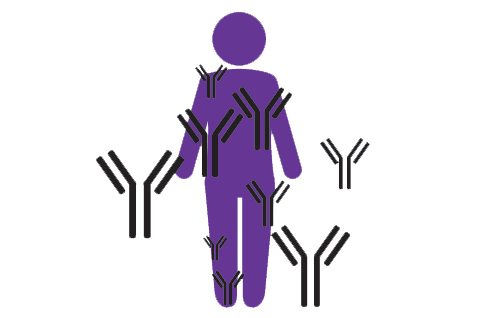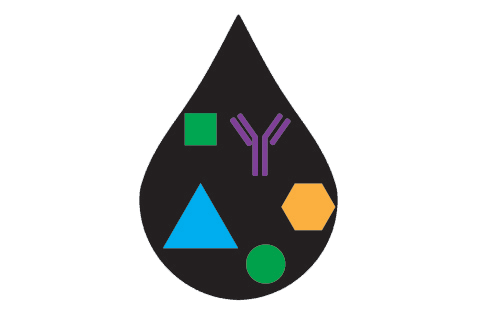Our research is unified by a single goal: To improve the lives of patients with systemic autoimmune diseases by providing knowledge and tools for earlier, more precise treatment.
Systemic lupus erythematosus (SLE) is a leading cause of death among women between 5 and 64 years of age in the US. By the time patients reach SLE classification, the majority exhibit organ/tissue damage and ongoing, aggressive inflammatory processes. This damage is compounded by toxicities from long-term treatment with steroids and potent immunosuppressants. Earlier initiation of effective treatment would reduce these risks, but requires accurate tools for diagnosis, prognosis, and treatment selection.
To delineate the immune pathways that lead to SLE onset and disease flares, and to define their potential as biomarkers, we survey the immune alterations at various stages of disease in an unparalleled collection of clinical data and patient samples. Our group uses a combination of cutting edge proteomics, transcriptomics, single cell analyses, immune phenotyping, and mathematical modeling to identify signatures that associate with a patient’s clinical progression and treatment responses. These signatures are a critical step toward personalized medicine for lupus patients.
 Pre-clinical Autoimmunity
Pre-clinical Autoimmunity Mechanisms of Disease Flare
Mechanisms of Disease Flare Deciphering Molecular Heterogeneity
Deciphering Molecular Heterogeneity Improving Health Equity
Improving Health Equity Humoral Immunity to Infection/Vaccines
Humoral Immunity to Infection/Vaccines